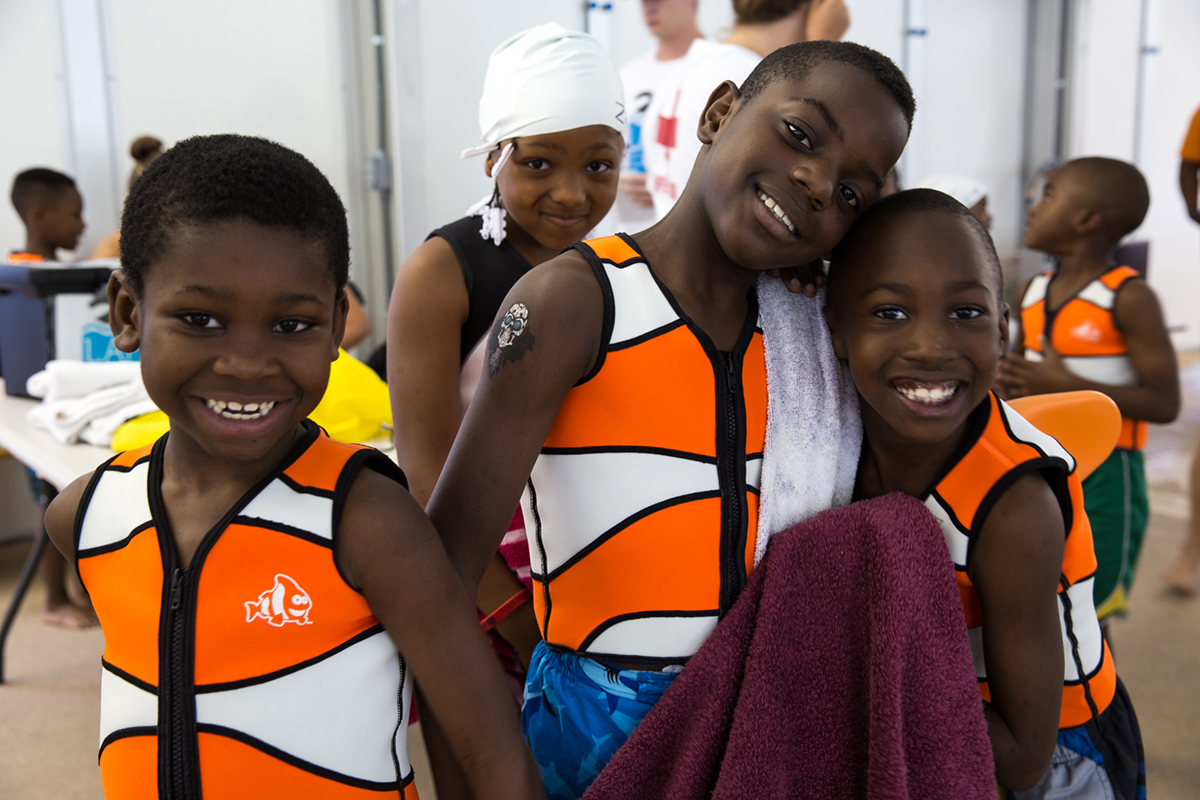
Diabetes is blood sugar process disorder. Hormone called insulin is responsible for processing of blood sugar in the body. In cases when organ called pancreas stops producing insulin, or body stops to respond to insulin, sugar level in blood is elevated, and all of this produce diabetes.
There are several types of diabetes like type 1 and 2 are most common. In case of juvenile diabetes, type 1 is more probable. Diabetes affects many inner organs of the body like kidneys, heart, blood vessels, eyes, etc. Juvenile diabetes is usually diagnosed in little children, teenagers and younger adults.
It is very important to pinpoint exact type of juvenile diabetes, meaning type 1 or 2, because the both have very similar symptoms, causes are not the same, and treatment and therapies, as well. Exact cause of juvenile diabetes is nor known, but there are indications that environmental and hereditary factors may be involved.
It is rather difficult to pinpoint exactly symptoms of juvenile diabetes, especially with smaller children. So, it is up to parent and teacher to try to spot the indications or signs in children.
Some of the possible signs or symptoms may be frequent urinating (because the kidneys are trying to expel extra sugar in the body through urine), prolonged hunger (because the main energy component of the body – sugar, is not processed properly) and increased in thirst (which is a direct consequence of frequent urinating).
Another suspicious symptom of juvenile diabetes is sudden or rapid weight loss. This weight loss is little confusing symptom, because main consequence of diabetes type 2, the most common one, is a weight gain. Burt in case of diabetes of type 1 which is more common in juvenile cases, consequence is quite the opposite, meaning weight loss, again as a direct consequence of blood sugar glucose, the main fuel of the body, is not processed properly.This can also be confusing symptom, because together with weight loss, appetite and hunger are getting bigger.
Other symptoms of juvenile diabetes, that are not necessarily always shown or present can be nausea, vomiting, fatigue, dizziness, headache, bed wetting (especially sudden appearance of it), absence of menstrual cycle in young girls, and fruity sweet odor.
Juvenile diabetes in chronic disease, and currently is nor curable. But with proper diagnostic and detection, and proper medications and diet, it is highly manageable. Main thing is to diagnose it on time and if you do, child can pretty much lead a normal and active life.






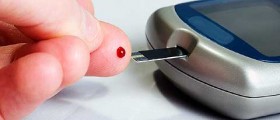
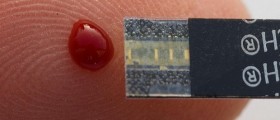




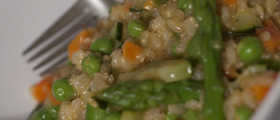
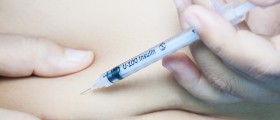

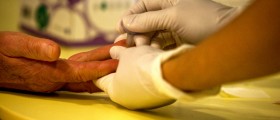

Your thoughts on this
Loading...